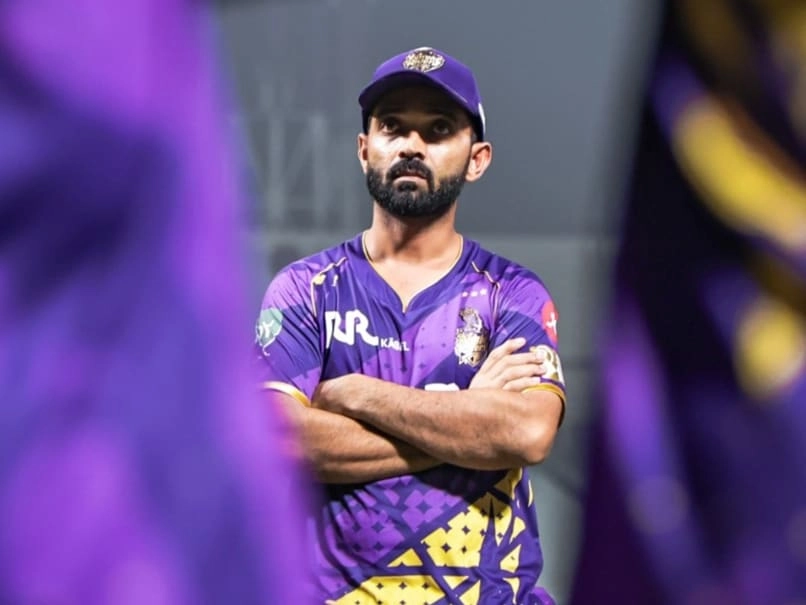In a diverse and multicultural nation like India, language has always been a powerful tool for expression and identity. The phrase “We are Indian” resonates deeply across various linguistic communities, yet the insistence on adhering to a specific language can stifle the richness of our multicultural fabric. India is home to hundreds of languages and dialects, each carrying its own unique history and cultural significance. As we navigate our identities, we should celebrate this diversity rather than confine ourselves to a singular linguistic narrative.
The idea that one must communicate in a particular language to express their Indian identity is not only limiting but also counterproductive. Language should be a bridge that unites us rather than a barrier that divides us. When we allow individuals to express their sense of Indianness in the language they are most comfortable with, we create an inclusive environment that fosters understanding and respect among different communities. This acceptance of multiple languages in expressing our national identity can enhance social cohesion and promote a sense of belonging for everyone, irrespective of their linguistic background.
Moreover, embracing linguistic diversity enriches our cultural landscape. It encourages the exchange of ideas, traditions, and values, leading to a more profound understanding of what it means to be Indian. Celebrating various languages not only honors our heritage but also paves the way for future generations to appreciate their roots while fostering a collective national identity. In a country where the motto is “Unity in Diversity,” it is imperative that we allow the phrase “We are Indian” to be articulated in any language, thereby reflecting the true essence of our nation. By doing so, we affirm our commitment to inclusivity and respect for all, ultimately strengthening the bonds that hold us together as a unified country.




